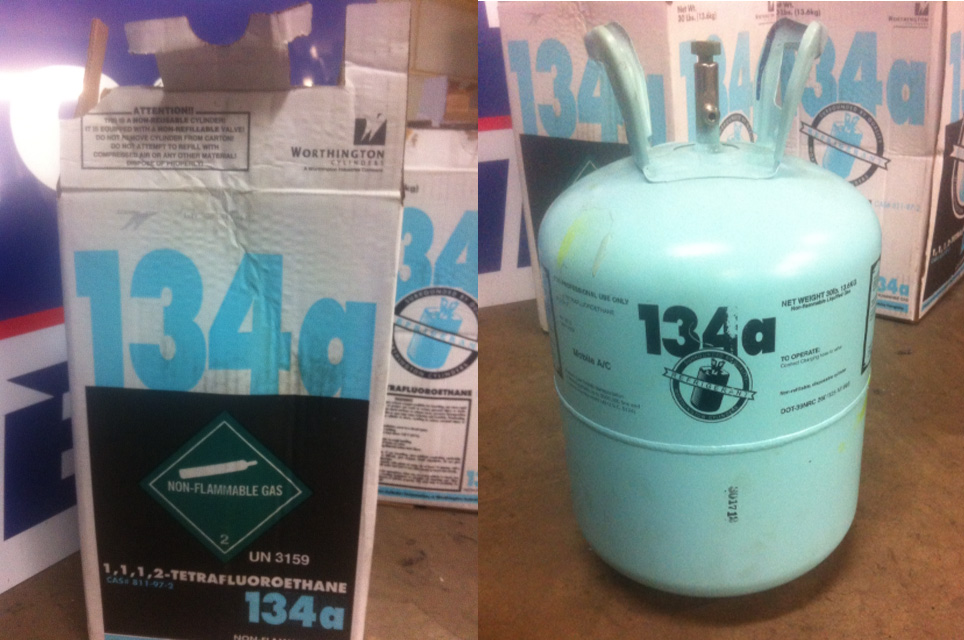Clarity needed over EU PFAS proposals
- PostedPublished 22 December 2021
Amended regulations could restrict or ban oft-promoted environmentally friendly synthetic refrigerants
There is concern surrounding proposed changes to EU regulations that could make it difficult or impossible to use synthetic refrigerants, which could impede or complicate the phasedown of older refrigerants with a high global warming potential (GWP).
Proposed amendments to the Registration, Evaluation, Authorisation and Restriction of Chemicals (REACH) regulation – which aims to reduce chemical risks to the environment and human health – would result in restrictions or bans on per- and polyfluoroalkyl substances (PFAS).
These substances, which can be harmful to the environment, humans and animals, include a wide array of synthetic refrigerants. However, the refrigerants that would fall under the proposed regulations are often promoted as non-harmful, climate-friendly options.
Removing these options, consequently, could make it difficult for the European Union to meet its fluorinated gas (F-Gas) regulation phasedown targets. Refrigerants affected would include hydrofluoroolefins (HFOs), such as R32 and R134a, and hydrofluorocarbons (HFCs) such as R1234yf. R32, for example, has a GWP of 675; R410A, which is often replaced by R32, has a GWP of 2088.

“One wonders if this is the writing on the wall for synthetic refrigerants,” said Espen Rønning, technical manager for refrigeration and heat pumps at VKE – the Norwegian association for ventilation, refrigeration and energy.
“There have also recently been research results that show that HFOs have problematic degradation products. It is clear that the environmental authorities in the five countries have a strong desire for even stronger restrictions on the use of synthetic refrigerants”
Degradation issues include the conversion of atmospheric R1234yf into trifluoroacetic acid (TFA), which then falls to earth as rain. Some bodies are also calling for the complete elimination of the use of F-gases, in order to meet future environmental objects.
However, the European Fluorocarbons Technical Committee (EFCTC) – which specialises in HFCs, HFOs and HCFOs – reports that most synthetic refrigerants pose little to no risk to human health or the environment. The EFCTC has also drawn attention to the range of varied definitions used for PFAS products, which are resulting in ambiguities.
A draft proposal for the amended REACH regulations is expected later in 2021, and the EFCTC has urged other companies, industries and users to contact the authorities to aid in the development of reasonable, feasible and robust regulations.
- CategoriesIn SightGlass
- TagsSightglass News Issue 25

